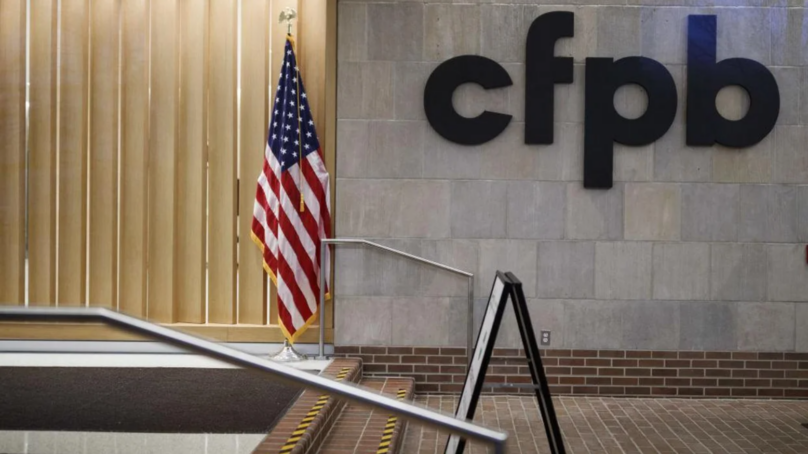
On Thursday, November 7, the Consumer Protection Financial Bureau (CFPB) announced that it had taken action against $180 billion Navy Federal Credit Union for the illegal application of overdraft protection fees from 2017 to 2022. The order requires Navy Federal to refund more than $80 million to members and adds a $15 million civil penalty which will be paid to the CFPB’s victims relief fund.
In a statement from the CFPB, Director Rohit Chopra said, “Navy Federal illegally harvested tens of millions of dollars in junk fees, including from active duty servicemembers and veterans. The CFPB’s work to rid the market of illegal junk fees has saved American families billions of dollars.”
The CFPB charged Navy Federal of using its OOPS program (Optional Overdraft Protection Service) to collect nearly $1 billion in overdraft fees from 2017 to 2021, but in some cases they were assessed illegally. In the first act of malfeasance, the CFPB states that Navy Federal authorized transactions on accounts with enough money to cover the transaction, and then charged an overdraft fee if the transaction posting, sometimes days later, caused the balance to dip negative. Per their release, Navy Federal collected approximately $44 million annually in fees matching these circumstances.
The second charge was of displaying money received from peer-to-peer payment services like Zelle, Paypal, and Cash App as immediately available to the member, when depending on the timing of the payments, it might not have actually posted until the subsequent business day. Unaware members who then used the “available” balance were charged overdraft fees, netting Navy Federal over $4 million. Since the credit union failed to adequately disclose the processing times, the CFPB found them at fault.
In addition to the financial penalties assessed, the credit union will be banned from charging overdraft fees matching the circumstances of the above offenses.
Navy Federal released its own statement acknowledging the $15 million fine it will pay, though the statement omitted the $80 million it must return to members. The credit union had previously announced its intentions to remove non-sufficient fund fees on personal checking accounts starting in 2025, while retaining its overdraft protection program for those in need of “more flexibility in their banking experience.”
The National Credit Union Administration also chimed in, with Chairman Todd Harper issuing a public statement: “Navy Federal’s authorize positive, settle negative practices and the subsequent charging of overdraft fees were not only unfair, but they also caused substantial harm to consumers. More overt, in many cases, consumers were charged an overdraft fee completely unaware of Navy Federal’s complex processes related to the posting of transactions and whether they will incur an overdraft fee.”
“APSN practices and an overreliance on overdraft and non-sufficient fees are counter to the credit union system’s statutory mission of meeting the credit and savings needs of their members — especially those of modest means,” it continues. “Credit union member-owners have the right to know about any fees and practices that affect their hard-earned savings and credit unions owe it to their members to be transparent. The settlement with Navy Federal underscores the importance of ensuring fair and responsible treatment of consumers and protecting consumers from predatory business practices.”






























































